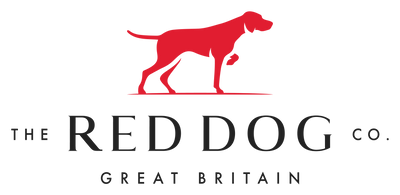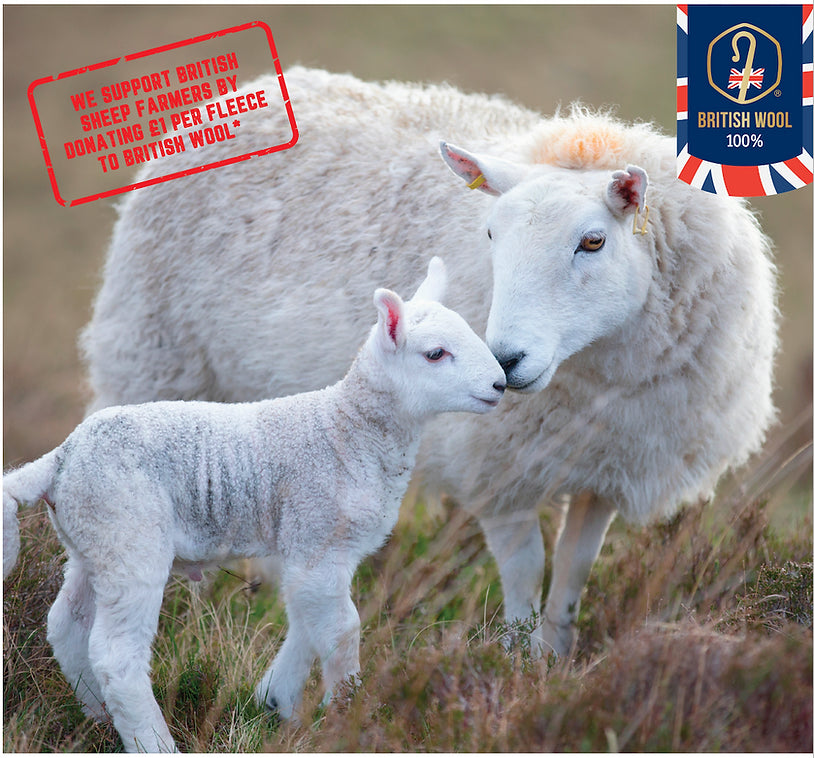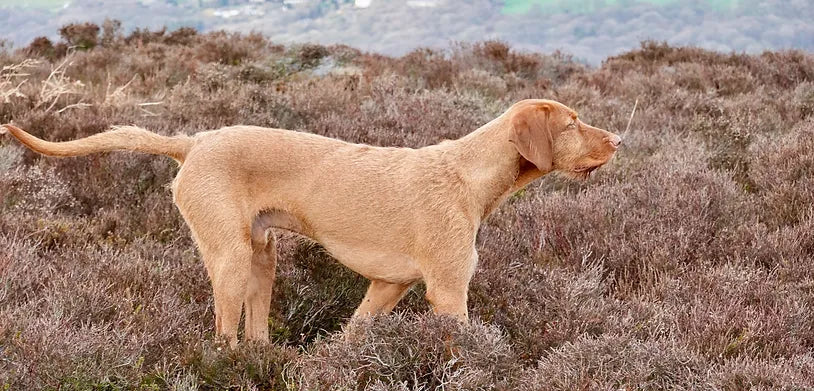The second half of the season started with us back on partridge in Lincolnshire. Islay didn’t run particularly well. To make sure we don’t get eliminated for missing game, I’ve become too controlling, and the result is she now keeps checking back with me, looking for instruction, and interrupting the flow of her hunting. She is usually careful, so I was surprised when she bumped a pheasant, and we were promptly put out.
The next trial, on partridge and pheasant in Kent, was closer to home. The trial was on mustard, amongst other things, and there was plenty of game about. The wind was tricky, as the smallish fields were bounded by tall trees, causing rotor and other funny local effects. Islay’s running was still a little stunted and it was clear she still needed a few outings with me leaving the whistle well alone. She had a blind retrieve on her first run and a good HPR on her second. Four dogs went to water, and three succeeded. My best guess was we that we were in second place, but in the end, we were awarded third place.
Three days later we were in Derbyshire, working hedgerows for pheasant and partridge. Yogi had won a first here the previous season, but the ground didn’t suit Islay, who hasn’t the best coat for forcing her way through thick bramble. Nonetheless, on her first run she quickly came on point, but the bird lifted before the guns could get into position. Moments later she came on point again, and this time the guns shot the bird, and she made an easy retrieve. She put the bird down to get a better grip, but as she didn’t look at me for instruction, or mess around, I don’t think it did us any harm. The second run was less impressive; once again she came on point in less than a minute, but despite entering the thick hedge, she couldn’t produce the bird. She emerged unsuccessful and we hunted on. She came on point again, and again she was unable to produce the bird. I knew we hadn’t impressed on the second run, but at least we were one of the three that made it to water. Only two made it to the awards, a nice little Wire-haired Vizsla who’d made some fantastic retrieves got a first, and we were awarded a disappointing, but justified, Certificate of Merit.
At the end of October were back in Kent. There was a tricky wind on the first run that I hoped the judges recognised. To avoid over controlling her I was keeping commands to a minimum. We did not find any game in what I worried must have looked like a rather chaotic run - I needn’t have been concerned, as the debrief revealed the judges knew exactly what was going on. The second run was much more straightforward. The wind had settled down and the birds were plentiful and sitting tight. Unfortunately, I called her off a bird, a serious handler error, and we subsequently missed the bird - so we were out. It was a fantastic trial with some great dog work to watch. First and second went to Vizslas, third and fourth to Wire-haired Vizslas, and a certificate of merit to another Vizsla - so a great day for the gingers!
We had a six week enforced break as Islay came in to season. It was December before we ran again, this time on sugar beat in Norfolk. We were running number one, directly into wind. She quartered the ground well and quickly came on point, a cock pheasant was shot and smartly retrieved without drama – job done. Our second run was a trickier quartering backwind. Islay did get a nice point but was unable to flush the bird because of a stock fence in between her and the bird. We found a point to cross the fence but by then the bird had legged it. I was disappointed not to have a second HPR but felt we were in good shape, nonetheless. We didn’t need or get another run, but the judges ran some others on for a considerable amount of time so they could fill their cards. All four dogs that made it to water survived and gained awards. I was disappointed with our third place and asked one of the judges for some feedback. He felt the ground treatment on our first run had been poor but improved on our second run. My first run had been at the beginning of a very long day and I can only think he had another dog in mind. ‘If you can’t take a joke, you shouldn’t have entered’ as they say.
A few days later we were back in Kent, on now familiar ground, working mustard and spinneys. Islay had an unproductive point in the woods and a classic HPR in the mustard. The judges spent some time examining the bird, so there was obviously some doubt over whether she had damaged it. In the event the judges gave us the benefit of the doubt, something they did again with a hen bird that flushed from the edge of our beat. The water was uneventful, and we were a awarded a Certificate of Merit. The Kennel Club field trial rules make numerous references to giving the dog the benefit of doubt and I appreciated the positive approach.
The next trial, on the same ground in Kent, couldn’t have been more different. Islay hunted well in straightforward conditions and was soon rewarded with a simple hunt, point, and retrieve on a partridge. Moments later a cock pheasant lifted and was shot, Islay was steady to shot, and marked the bird down. One judge asked aloud if Islay had already covered the ground. I replied that she had not, and had only between upwind of the pheasant, to retrieve the partridge – it turns out this question was for his fellow judge not me. Eventually Islay was sent for the retrieve, when she got there she put her head down to pick up the bird, but lifted her head twice, before gathering it. When I presented the still alive bird, the judge gave me a dressing down for arguing, and took great pleasure in telling me I was out for ‘blinking game’ and to ‘look it up’ in the regulations. The closest I could find is that ‘a good retrieve will include a quick and unfussy pick-up followed by a fast return’.
The middle of January saw us down in the West Country which made a pleasant change. It was a frosty day with light winds so I expected it to be hard for the dogs. I was running number nine and pleased to see that dogs were finding and holding birds, which just goes to show how difficult it is to understand scenting conditions. Islay came on point, but when asked to flush it became apparent that the bird was injured, and she duly retrieved it – an HPR of sorts. She hunted on and again came on point, but we were unable to produce the bird. On her second run I knew we needed to do something more so let her have her head in a backwind. She cast out well ahead where she came on point. She held the point, while I and the guns got up to her, and then produced a pair of pheasants. Both birds were shot at; Islay watched a lightly touched bird away, so required a bit of handling to gather the downed bird that the judges wanted. Islay and a GSP were invited to water in a fast flowing river Exe, where they both did well, despite being swept downstream. The GSP had really impressed, and I was pleased with our second place.
We had another cold day with light winds in Cheshire woodland. This time the dogs struggled to find, let alone hold their birds, which were not in plentiful supply. Islay was the last dog standing, but although she had two good retrieves, she just couldn’t get a point. The judges really gave us every opportunity, but despite their best efforts, there were no awards.
We were happy to be in Hampshire, running on fantastic ground, just fifteen minutes from home. I let her run on the rape, which meant she went far and wide, but I later discovered the judges hadn’t appreciated the ground treatment. A pheasant got up from behind us, which was shot, and scruffily retrieved. It was a situation I hadn’t really encountered before, where the dog had to be handled from 60 yards ahead of me to 20 yards behind me.
The second run was much better, she had a good point on pheasant but was a little sticky on the flush, followed by a very quick retrieve. Several dogs hunted with real enthusiasm, a Bracco Italiano really impressed, but refused to pick a woodcock. Two dogs went to water, which I didn’t enjoy due to the proximity of a busy road, but we both succeeded. A lovely Vizsla got second and we were awarded a Certificate of Merit.
Next, we were back in Kent but on new ground. On her first run Islay worked the field edges reasonably, and although some of the bramble was too thick for her to enter, she came on point at the base of some conifers. She flushed her bird on command, but there was no easy shot, and the guns failed to connect. On her second run she hunted with pace in woods but again encountered very thick bramble. She produced another bird, but it was unsighted by guns. The judges were doing all they could to give Islay the opportunity to fill her card and continued to run her on. A bird lifted from the cover she was working and this time it was shot. I was called up forward for an easy retrieve, as the bird was lying close by, and out in the open. Despite being a simple seen water retrieve, it was set up slightly awkwardly, and Islay and the two other dogs failed – so there were no awards. I was obviously disappointed, but I knew we hadn’t done enough for a first, so it wasn’t the end of the world.
The final trial of the season was in Nottinghamshire. We were running first, and Islay started off on hedgerows, and then a strip of cover crop, which she hunted with more gusto. I knew the birds would be jumpy, and as soon as she came on point, I asked the judge if we could flush the bird; I was told to wait for the other gun, which was a shame, because when I eventually asked her to produce the bird it had run on. She worked forward but failed to relocate and produce the bird. The judge said that we shouldn’t have lost contact with the bird, and we were out. This is the first time I’ve been put out for failing to produce a bird, although the judge sought me out at the end of the trial and said we had actually been put out for poor ground treatment.
We ran in twenty trials, made it to water eleven times, and gained nine awards. A first place, which only took Yogi two trials, continues to allude Islay. I enjoyed the camaraderie, learnt a lot, and saw some great dog work.
Next season I will be campaigning both Islay and Yogi – onwards and upwards!
When Nick is not gallivanting around the country taking part in Field Trials, he is helping to design the very best dog beds and accessories for The Red Dog Company.


